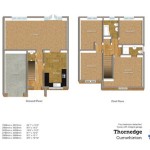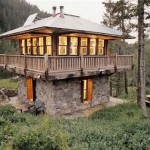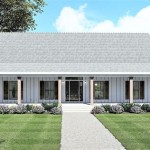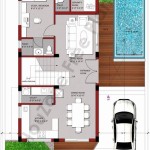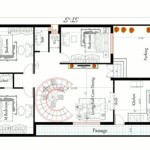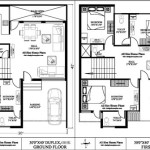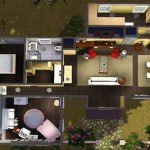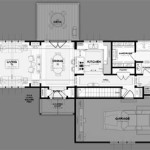Essential Aspects of Squirrel House Plans
When designing or selecting squirrel house plans, there are several key aspects to consider to ensure the comfort and safety of your furry visitors. By paying attention to these essential elements, you can create a welcoming and functional home for squirrels in your backyard.
1. Materials and Construction
The materials used to construct a squirrel house play a crucial role in its durability and weather resistance. Opt for materials that can withstand extreme weather conditions, such as treated lumber, cedar, or plastic. Ensure that the construction is sturdy and well-sealed to prevent drafts and moisture penetration.
2. Size and Dimensions
The size of the squirrel house should be adequate to provide ample space for the squirrels. A house with a floor space of approximately 12 x 12 inches and a height of 18-24 inches is generally suitable. However, consider the species of squirrel you are targeting, as different species may have varying size requirements.
3. Multiple Compartments
Including multiple compartments within the squirrel house provides a sense of security and privacy for the occupants. A nesting compartment lined with soft materials, such as shredded paper or natural fibers, offers a warm and cozy space for raising young. An additional compartment can serve as a storage area for food or a sleeping spot for adult squirrels.
4. Ventilation and Drainage
Proper ventilation is essential to maintain a healthy environment inside the squirrel house. Include holes or vents in the walls or roof to allow for air circulation. Good drainage is also crucial to prevent moisture accumulation, which can lead to mold or mildew. Slope the roof to ensure proper water drainage and consider adding drainage holes in the floor.
5. Placement and Access
Choose a suitable location for the squirrel house, preferably in a tall tree or on a sturdy post away from potential predators. Position the entrance hole facing away from prevailing winds and at a height of approximately 10-15 feet above the ground. Ensure there is clear access to the entrance hole without obstructions.
6. Predator Protection
Squirrels face threats from predators such as snakes, owls, and cats. Incorporate design features to deter predators, such as a baffle or metal flashing around the entrance hole. A sturdy construction and secure mounting will also help prevent access by unwanted visitors.
7. Accessibility for Cleaning
Regular cleaning is necessary to maintain a hygienic environment for the squirrels. Consider designs that allow for easy access to the interior of the house for cleaning and inspection. A hinged or removable roof or side panel will facilitate this task.
Conclusion
By considering these essential aspects, you can create squirrel house plans that provide a safe, comfortable, and inviting space for these charming creatures. Remember to prioritize durability, functionality, and the wellbeing of the squirrels when designing or selecting a squirrel house.

Pin On Houses For Squirrels

Kevin S Birdhouse Squirrel Box Plans

Squirrel Home Plans Labels Flying Squirrels

Free Plans Build A Squirrel House Bird Kits Home

A Mazing Squirrel House Plan Work Supply

Making Your Own Squirrel House Nest Box Construction Drawing Arvilla

Building A Squirrel House Plaster Disaster

Squirrel Nest Box Plans Bird House Feeder Home Nesting Boxes

Squirrel House Plans Stansplans Com

Pin Von Kat Carter Auf Diy And Crafty Things Bienenhotel Nistkästen Bienen Hotel

